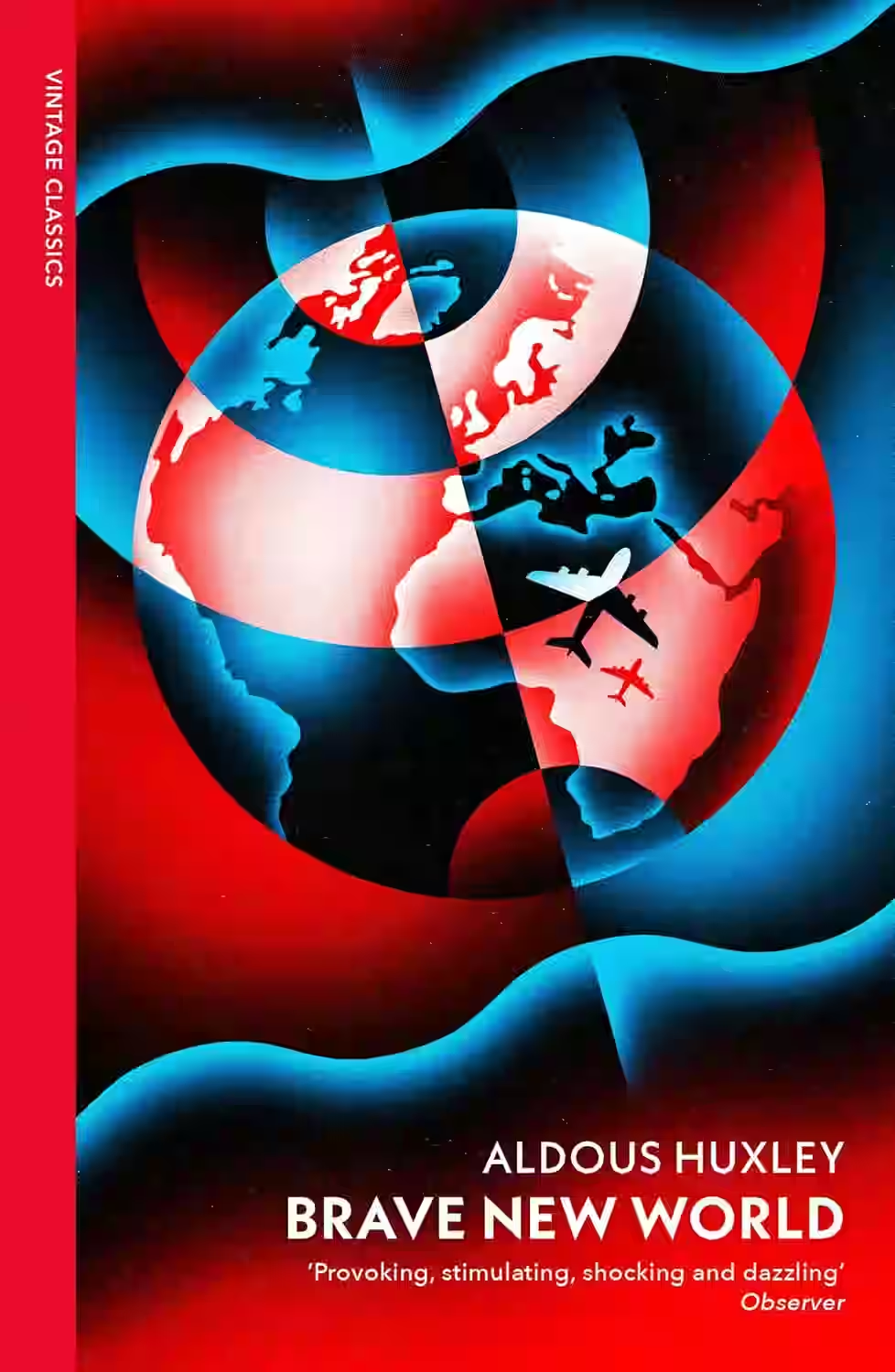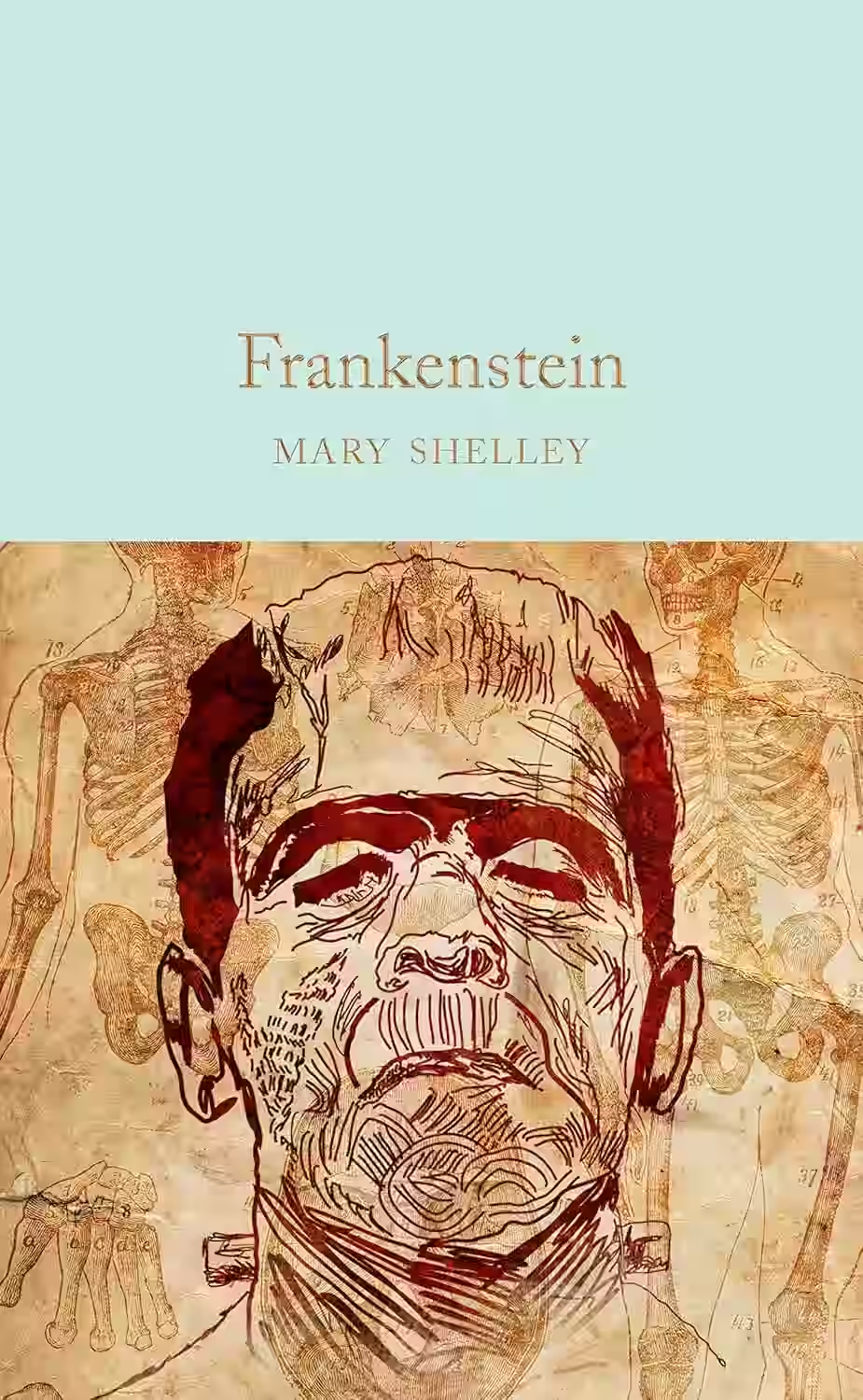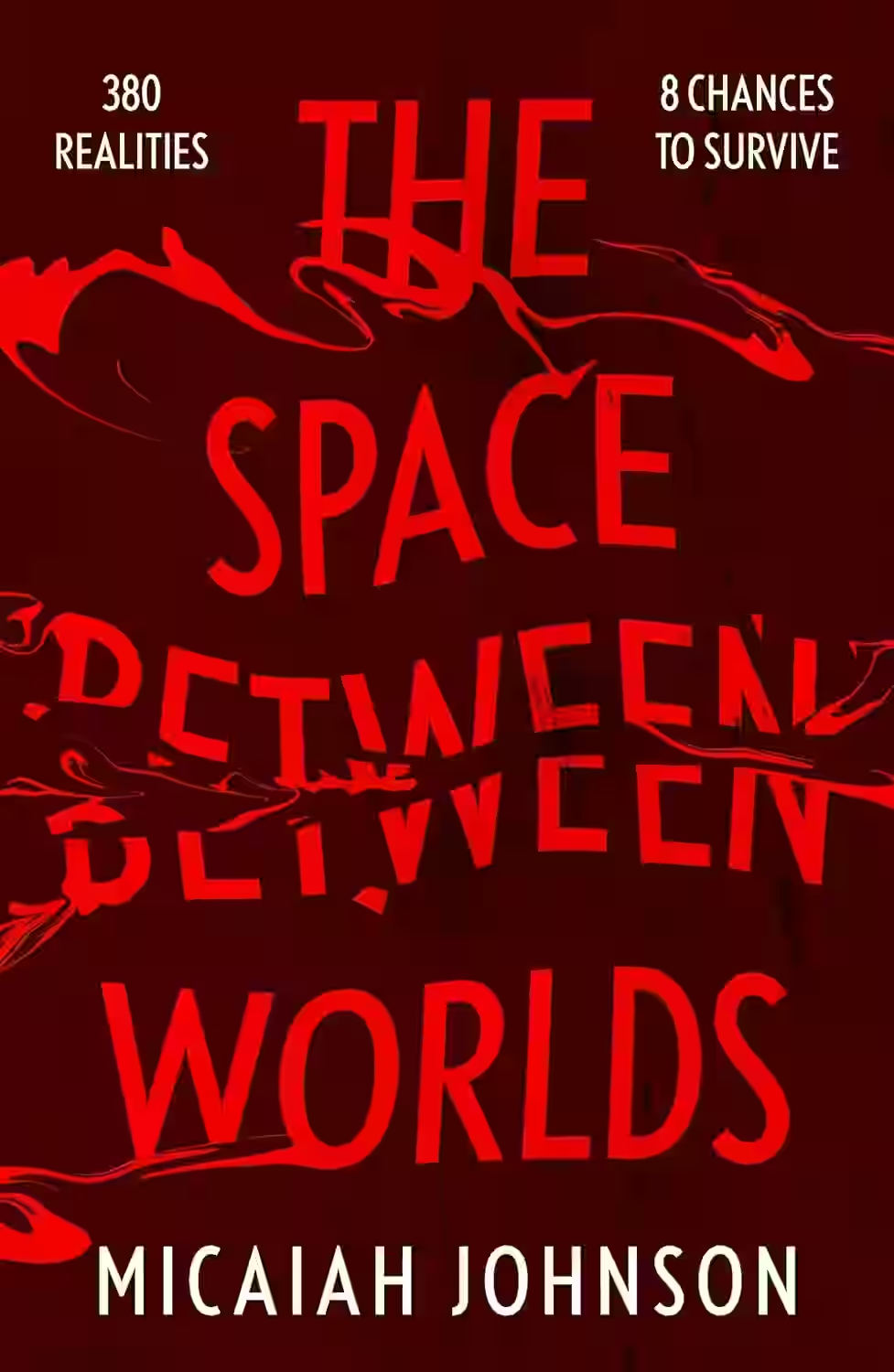
A Clockwork Orange is a dystopian novel by Anthony Burgess, depicting a futuristic society where extreme violence is prevalent. The story follows Alex, a young delinquent who undergoes a controversial rehabilitation treatment that raises questions about free will and the morality of government control. The novel is known for its unique language, social commentary, and thought-provoking themes.
About Anthony Burgess
Anthony Burgess (1917–1993) was a prolific British author, best known for his dystopian novel A Clockwork Orange. A master of language and literary experimentation, Burgess wrote over 30 novels, as well as works of criticism, biography, and music composition. His writing often explores themes of free will, morality, and the tension between individual expression and societal control. A linguist by training, Burgess created innovative slang and narrative structures that challenged readers and critics alike. Beyond fiction, he was also an accomplished composer and cultural commentator, leaving behind a legacy as one of the 20th century’s most intellectually versatile writers.
Similar Books

Brave New World
Aldous Huxley’s Brave New World is a landmark dystopian novel exploring a future where technological control, genetic engineering, and mass conformity replace individual freedom. Written in 1932 during the rise of fascism, it imagines a world where humans are bred for purpose, sedated by pleasure, and conditioned to obey. Huxley, a visionary thinker and spiritual seeker, critiques the loss of humanity in pursuit of stability and control. His chilling portrayal of a society numbed by entertainment, pharmaceuticals, and propaganda remains strikingly relevant today. Brave New World endures as both a powerful literary achievement and a timeless warning about unchecked technological progress.

Frankenstein
by Mary Shelley
Frankenstein by Mary Shelley is a gothic novel about Victor Frankenstein, a young scientist who creates a sentient creature through an unorthodox scientific experiment. Horrified by what he has made, Victor abandons the creature, who is left to face a hostile world alone. Rejected and misunderstood, the creature becomes increasingly bitter and vengeful, leading to a tragic cycle of destruction. The novel explores themes of ambition, responsibility, isolation, and the dangers of playing God. First published in 1818, Frankenstein is considered one of the earliest works of science fiction and remains a powerful meditation on humanity and creation.

The Space Between Worlds
In a multiverse where only one version of a person can survive in any given world, Cara is uniquely valuable—her other selves tend to die young. She travels between hundreds of parallel Earths, gathering data for a powerful corporation. But when she uncovers secrets that challenge her employers and her sense of identity, Cara begins to question the system that exploits her. Blending sci-fi with social commentary, this debut explores privilege, class, and identity in a fractured world. It’s a gripping, introspective story about survival, power, and what makes a life worth living.

Bird Box
In 'Bird Box' by Josh Malerman, a chilling dystopian tale unfolds where the world is plagued by entities that induce madness and suicidal tendencies when looked upon. The story follows Malorie, a mother of two children, navigating this terrifying new reality blindfolded to protect themselves. Malerman masterfully builds suspense and fear through the characters' harrowing journey to find safety, exploring themes of survival, motherhood, and the dark depths of human nature. 'Bird Box' is a gripping and intense psychological thriller that keeps readers on edge with its atmospheric tension and haunting premise.